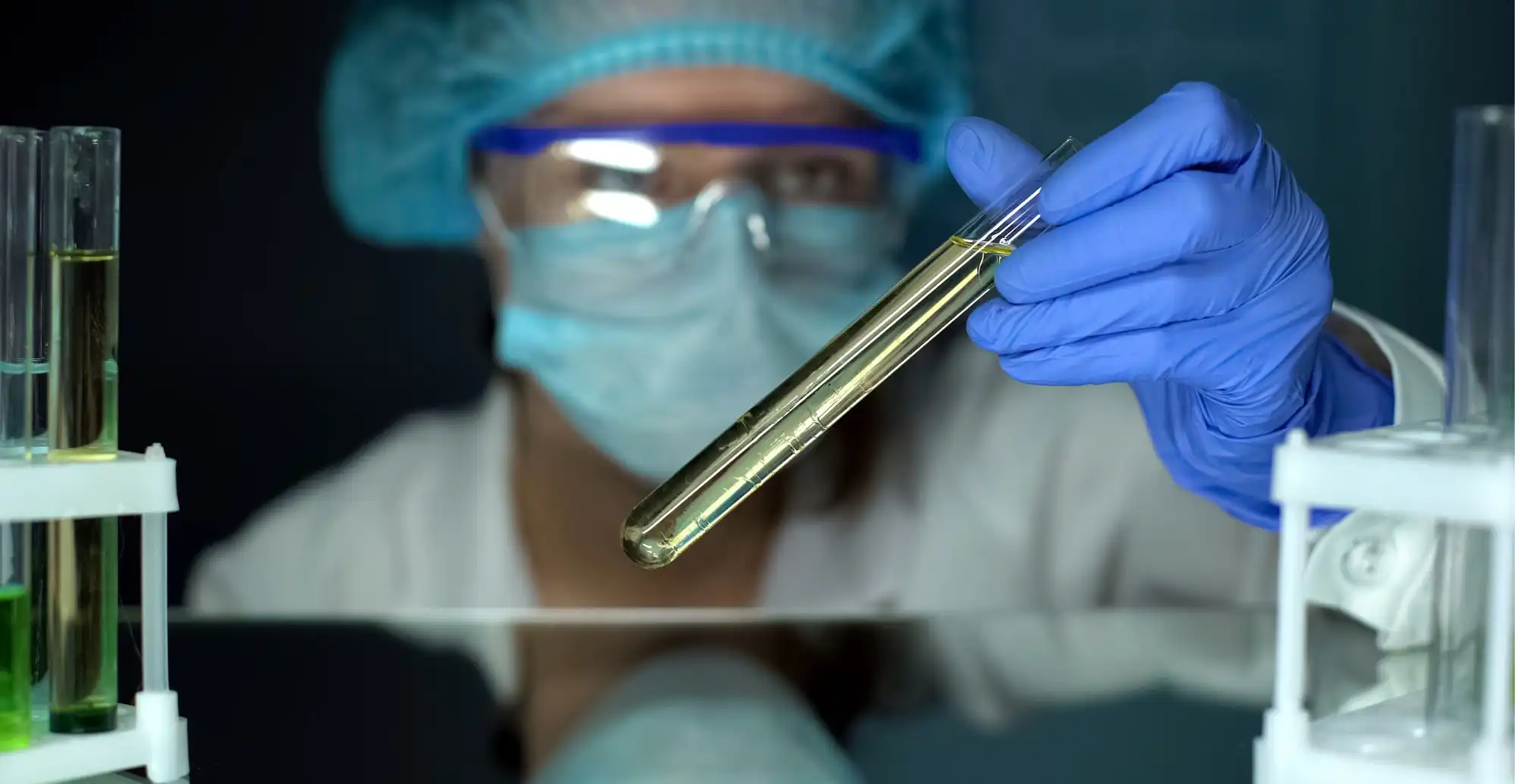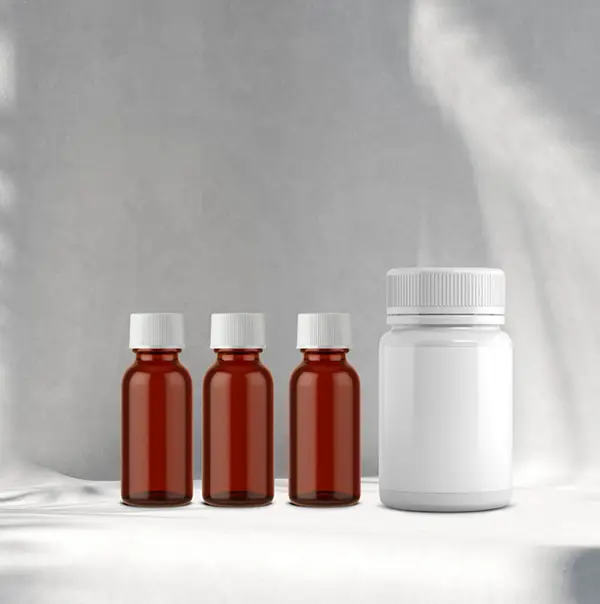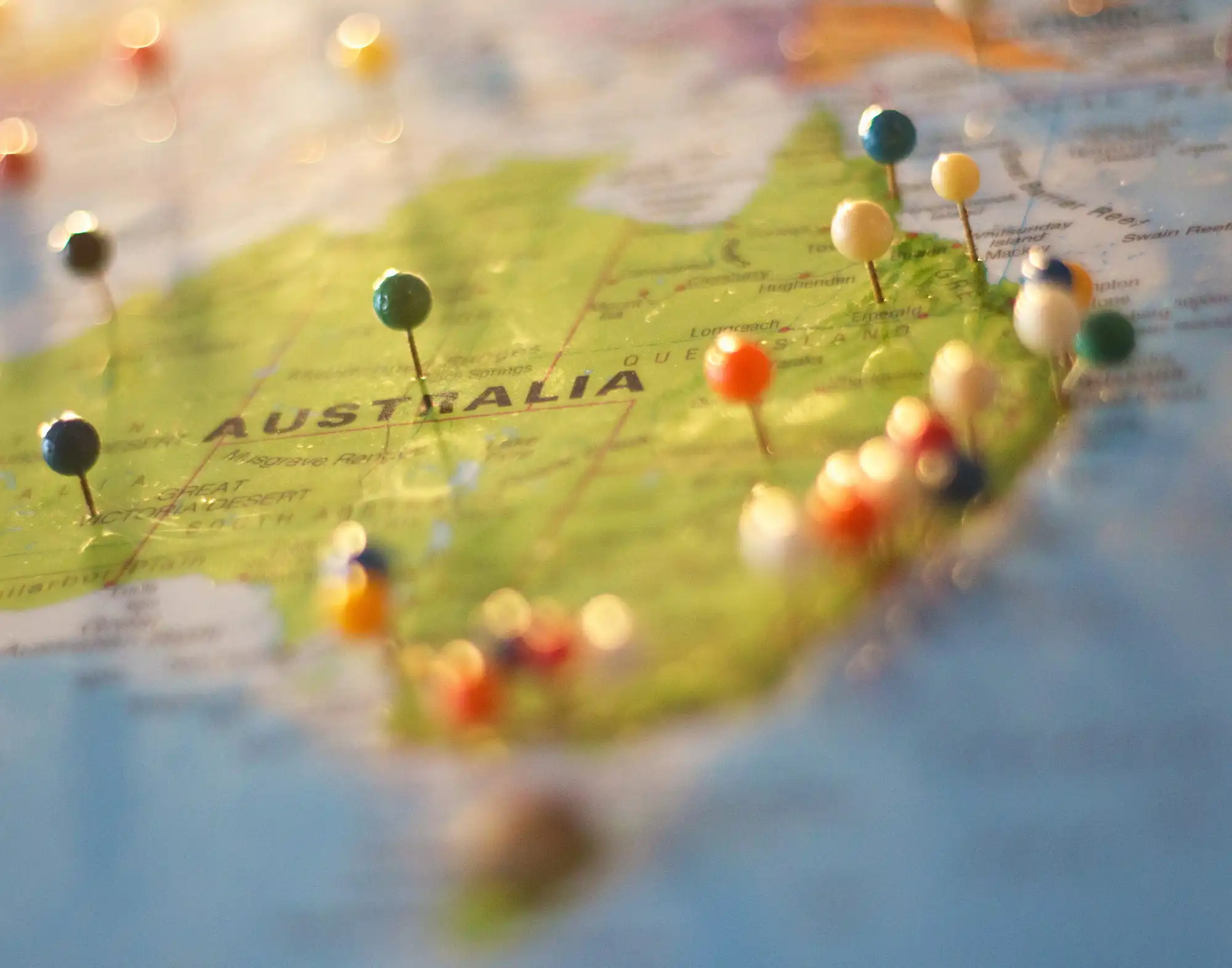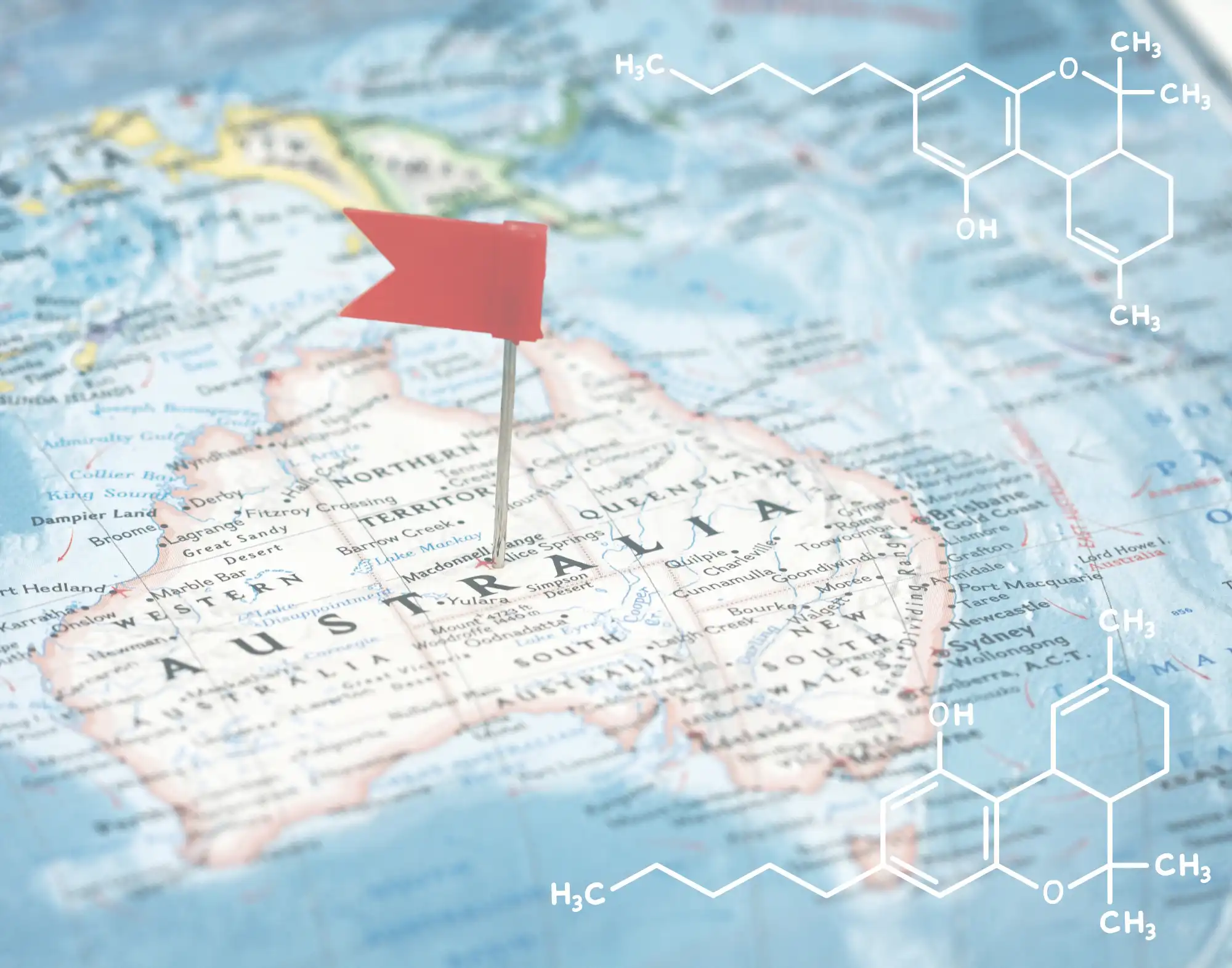Laws and legislation surrounding medical cannabis in Australia may vary depending on the product. Medical cannabis is a highly controlled substance, meaning its production and prescription are subject to legal restrictions. These restrictions may vary, depending on state or territory. Understanding which product types are subject to specific regulations is key for a doctor when choosing the right cannabis product to suit treatment and individual lifestyle needs.
How does cannabis product type affect legality?
The Therapeutic Goods Administration (TGA) places certain legal restrictions on different medical cannabis products. Although medical cannabis was legalised in 2016, its production, distribution, and consumption are still heavily regulated by government authorities. That means there are rules about what can and cannot be prescribed, imported and consumed. Some products have been approved for prescription in Australia, but most are still unregistered. These unregistered products are still available through special access pathways, and can be prescribed when doctors receive TGA approval. Specific product types may be subject to particular restrictions based on their quality, quantity, and usage.

Help is at Hand
Get free information and assistance quickly by filling out the contact form below.
Legality of different cannabis product types
Different types of cannabis products may experience varying levels of restrictions. In general, cannabis is restricted for all uses other than medical or scientific, with restrictions placed on importing certain goods as well. All imports, exports, and manufacturing are subject to strict standards and require appropriate permits and approvals.
Cannabis oils
The legality of cannabis oils is subject to certain regulations. Firstly, patients may only access cannabis oil through a doctor’s prescription. Unregistered oil products require approval from the TGA before prescription. Recently, the TGA approved the sale of low dose CBD medicines over the counter at pharmacies. However, specific over-the-counter products are yet to be approved.
Cannabis inhaled via vaporisers
Cannabis that is vaporised such a flower or resin cartridge extracts is highly regulated by government authorities. They are only considered legal when consumed for medical purposes, so prescribing and importing flower and cartridges is tightly controlled. Patients inhaling flower or cartridge extracts will also require a vaporiser device. For importers of vaporiser devices, there are also specific licences and permits from the Office of Drug Control to import these goods. There may be slight variations in permits depending on whether the vaporiser is reusable or disposable. Those travelling into Australia may only bring a small amount of vaporiser devices into the country with them, and only for medical use. For patients, you’ll need a prescription from your doctor before purchasing a vaporiser or its accompanying cartridge and refills. You may only purchase and use what is specified in the prescription.
Topical cannabis products
Topical cannabis products are only legal through a prescription in Australia. The category of topical products includes a range of creams, lotions, balms, patches, and gels. In most creams and balms applied to the first layer of skin, there is a low likelihood of experiencing any impact on cognitive function. However, transdermal patches and some gels penetrate deep into the skin and into your bloodstream. If the product contains tetrahydrocannabinol (THC), patients may experience a ‘high’ often associated with cannabis use, and this cannabinoid may show up on a drug test. Since working and driving with THC in your system is illegal in most Australian states, this may pose an issue for some patients.
Oral cannabis products
Oral cannabis products include lozenges, oils, capsules, and edibles. Oral forms of medical cannabis are legal in Australia for patients with prescriptions. However, the recreational use of oral cannabis products is still illegal in most Australian states. Any registered doctor in Australia may prescribe an edible cannabis product if they feel it will benefit their patient; they just need approval first from the TGA to do so.


Does legality vary by different states?
The legality of medical cannabis products does vary in some Australian states. In most states, it is an offence to cultivate, distribute, and consume medical cannabis for any reason other than medical or scientific purposes. However, in the Australian Capital Territory (ACT), small amounts of recreational cannabis are allowed, and residents may also grow small amounts of cannabis for personal use. To prescribe cannabis medically in the ACT, doctors need approval from the ACT chief health officer and the TGA. Some other states also require approval from their local health authority as well as the TGA if doctors are prescribing THC products. It is generally acceptable to travel interstate with prescription cannabis, but travellers should check their destination’s laws and regulations carefully and keep their prescription information on hand.
Legality of driving with medical cannabis products types
It is illegal to drive with any amount of THC in your system, no matter the product type, in all states except Tasmania. Unlike cannabidiol (CBD), THC contains a psychoactive component that could impact your memory, movement, and judgment. This makes it risky (and illegal) to drive or operate heavy machinery with THC in your system. Simply having THC products in your vehicle is not an offence, as long as you have a valid prescription. However, if you test positive for THC during a roadside drug test, you may face serious consequences. Currently, most roadside drug tests do not measure your cognitive impairment, only for the presence of THC. This means that with any THC present in your system, you could still be caught out even if you’re not experiencing any effects of the medication. THC can take days, or even weeks, to fully leave your system, so patients who need to drive regularly can discuss CBD-only alternatives with their doctor. In Tasmania, it is now legal to drive with small amounts of THC in the system so long as patients have a valid prescription and are not impaired to drive.

Legality of THC vs CBD products
There is a slight difference in legality between THC and CBD products in Australia. The primary difference is that THC products are classified as Schedule 8 controlled substances, whereas CBD-only products are classified as Schedule 4. To be considered “CBD-only”, cannabis products must contain at least 98% of the total cannabinoid content. Having THC in your system is also against many Australian workplace’s drug policies. Because of the psychoactive effects of THC, many workplaces have rules against testing positive for THC while performing work duties. However, CBD is generally accepted in most businesses. It’s important to discuss workplace drug policies with employers before embarking on medical cannabis treatment to ensure treatment aligns with workplace restrictions. Doctors are able to suggest CBD-only alternatives that align with work and lifestyle requirements.
Contact Us For Free Assistance
"*" indicates required fields
Additional Cannabis Product Type Information
Explore the range of legal medical cannabis products available in Australia, including oils, inhalers, topicals, and edibles. Learn how these different formulations address various patient needs and conditions.
Medical Cannabis Product TypesExplore different topical cannabis treatments like creams, balms, and patches. Learn how these products work and their potential medical uses in Australia.
Topical Medical Cannabis Products in AustraliaExplore medical cannabis vaporisers, their types, and how they work. Learn about dry herb and extract options available with a prescription in Australia.
Medical Cannabis Vaporisers in AustraliaDiscover various edible cannabis options like capsules, wafers, and chewables. Learn about their effects, onset times, and legal considerations for patients in Australia.
Edible Medical Cannabis Products in AustraliaLearn about the effects of different medical cannabis products in Australia, including oils, inhalants, and topicals. Understand how they interact with the body and their potential side effects.
Medical Cannabis Product Types Effects